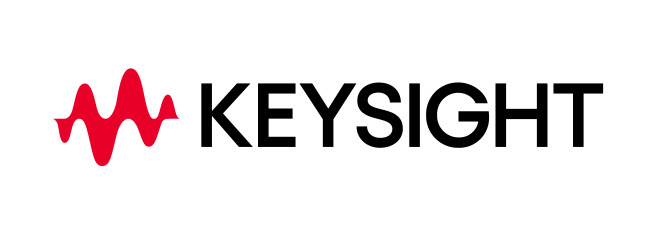Tcl Scripting Fundamentals
Course Code 985-1005
Length: 1 day
Level: Introduction
Prerequisites: None
Synopsis: This course introduces scripting fundamentals for the Tcl Scripting Language used throughout Ixia to automate our Ixia core products. Tcl is easy to use, flexible, and highly extensible, thus making it a great way to control your Ixia environment and tests. This class will not focus on any particular product, but is designed to teach you Tcl scripting fundamentals, such as the structure of the language, core commands, Tcl syntax rules, variable use, custom procedure creation, as well as list processing, loop construction, and conditional statements.
Objectives
Upon successful completion, students will be able to:
- Understand the structure of the Tcl scripting language
- Understand the syntax rules of an interpreted language
- Create and manipulate Tcl variables
- Create and run your own Tcl procedures and understand argument and argument passing
- Create and run looping constructs and conditional statements
- Work with list processing and string processing commands
- Understand Tcl arrays and passing arrays into Tcl procedures
Automating IxOS with IxTclHal
Course Code 985-1006
Length: 1 day
Level: Introduction
Prerequisites: Tcl knowledge or Tcl Scripting Fundamentals
Synopsis: This course introduces the use of the Tcl API for IxOS (IxTclHal). The power of Tcl can be used to automate your entire L2/3 tests from beginning to end. In this course, we focus on getting your environment set up by understanding the architecture of the API, loading the Tcl libraries, connecting to an Ixia chassis, logging in, and taking ownership of ports. From here, we will configure Ixia ports and build the traffic streams we want to transmit in our tests. When our traffic is built correctly, we will send and receive that traffic and then delve into analysis of our test by using both our statistic views and our capture buffer. The day will end with creating User Defined Fields (UDFs) to form data patterns in our traffic and then triggering and filtering on these patterns in our capture buffer.
Objectives
Upon successful completion, students will be able to:
- Understand the structure of the Tcl API for IxOS (IxTclHal)
- Set up an environment by loading libraries, connecting to a chassis, logging in, and taking ownership
- Configure ports appropriately for our test
- Create multiple Ixia traffic streams
- Send and receive the traffic
- Analyze the results using both the statistic views and the capture buffer
- Configure UDFs to add data patterns or signatures to our frames
- Trigger and filter on these patterns for capture in the capture buffer
Automating IxNetwork with IxTclNetwork
Course Code 985-1007
Length: 1 day
Level: Introduction
Prerequisites: Tcl knowledge or Tcl Scripting Fundamentals
Synopsis: This course introduces the use of the Tcl API for IxNetwork (IxTclNetwork), as well as the structure and syntax of the Tcl libraries provided with IxNetwork. The power of Tcl can be used to automate your IxNetwork tests with a full featured API that allows for the detailed configuration of the Ixia ports, flexible and complex configuration of routing or switching protocols, creation of L2/3 traffic over your routing protocol topologies, as well as the customization of both control-plane and data-plane statistics.
Objectives
Upon successful completion, students will be able to:
- Understand the structure of the Tcl API for IxNetwork (IxTclNetwork)
- Set up an environment by loading libraries and connecting to the chassis
- Configure ports appropriately for our test
- Configure a complex routing protocol topology
- Start and stop routing protocols
- Analyze control-plane statistics
- Create L2/3 traffic to send across our emulated topologies
- Customize statistics for analysis and display

